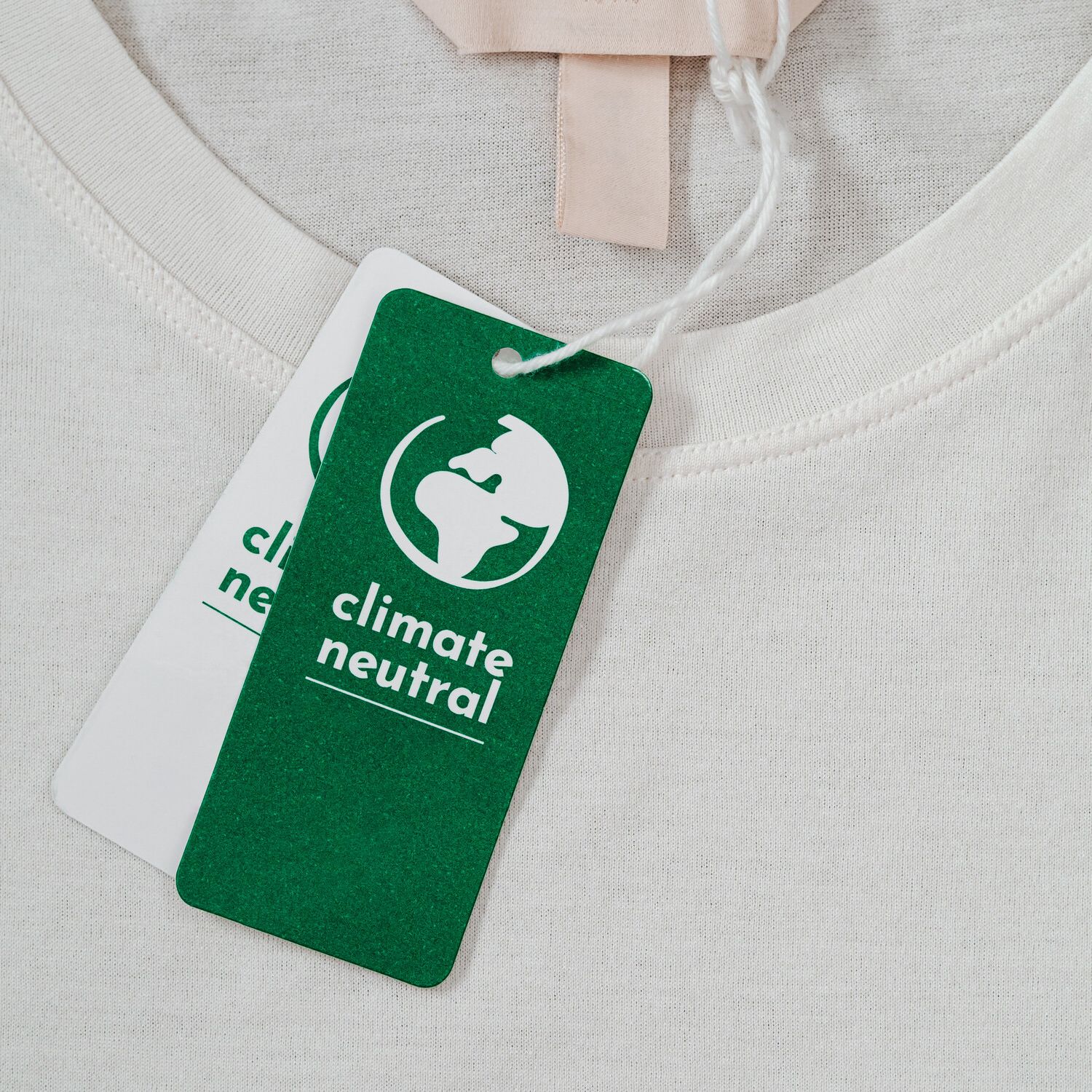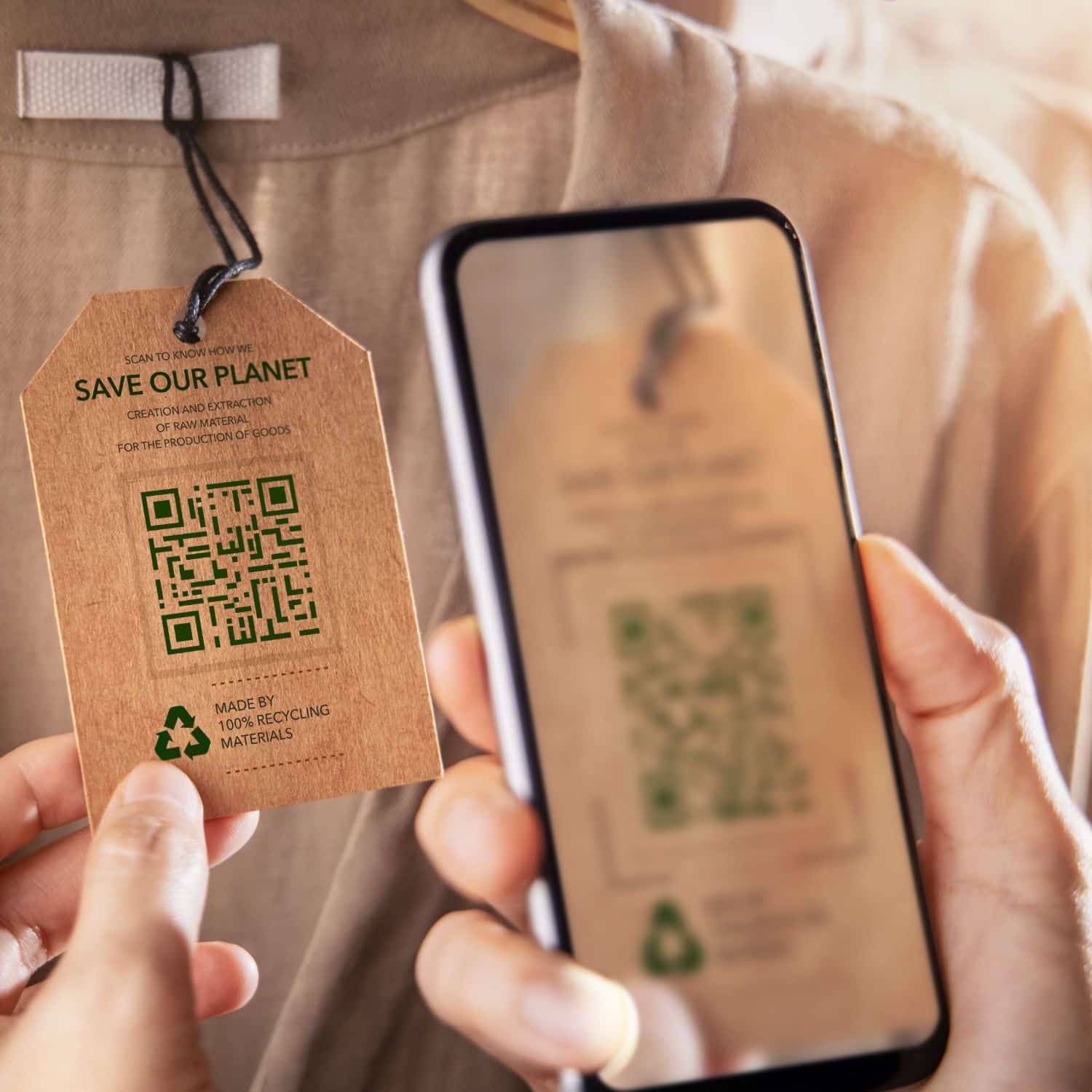Slow Fashion, Fast Delivery:
The Balance of Sustainability and Convenience

In the ever-evolving landscape of eCommerce, slow fashion brands find themselves at a crossroads. On one side, they champion sustainability, ethical production and mindful consumption. On the other, they face the reality of customer expectations for rapid delivery – a hallmark of modern online shopping. This article explores how slow fashion brands can maintain their core values while meeting the demand for speedy shipping, all without falling into the trap of ‘greenwashing’.
The Core Values of Slow Fashion
Slow fashion is more than just a trend; it’s a philosophy that challenges the very foundations of the fast-fashion industry. At its heart, slow fashion advocates for:
Quality Over Quantity: Producing garments built to last, reducing the need for frequent replacements.
Ethical Production: Ensuring fair wages and safe working conditions throughout the supply chain.
Sustainability: Using eco-friendly materials and production methods to minimise environmental impact.
Transparency: Openly sharing information about sourcing, production processes, and pricing.
Mindful Consumption: Encouraging customers to buy less but buy better.
These values starkly contrast to the “race to the bottom” often seen in fast fashion, where cheap prices and rapid turnover are prioritised over sustainability and ethics.
Balancing Act: Sustainability vs. Speed
For slow fashion brands, the challenge lies in finding a balance between their core values and the realities of eCommerce. With 52% of customers saying that they would choose one online store over another if its environmental impact on delivery is lower, it is important that this balance is reached. Here are some strategies that brands can employ to meet customer expectations on speed without compromising their principles:
1. Education and Transparency
One of the most powerful tools in a slow fashion brand’s arsenal is education. By clearly communicating the environmental impact of different shipping options, brands can empower customers to make informed decisions. This might include:
- Providing carbon footprint information for each shipping option at checkout.
- Explaining the brand’s shipping practices and how they align with sustainability goals.
- Sharing stories about the positive impact of choosing slower, more sustainable shipping methods.
2. Incentivising Sustainable Choices
Rather than simply offering fast shipping, brands can create incentives for customers to choose more sustainable options by:
- Offering discounts or loyalty points for selecting slower, eco-friendly shipping methods.
- Creating exclusive “green” memberships that offer perks for customers who consistently choose sustainable shipping.
With GFS Checkout, our custom checkout solution, businesses can tailor their shipping options to the individual order and location in real-time, offering their customers a choice of services that align with their own environmental values, whilst maintaining full transparency on timescales.
3. Optimising Fulfilment Processes
Slow fashion brands can work to make their fulfilment processes more efficient without sacrificing sustainability by:
- Utilising an eCommerce labelling and dispatch software, like GFS Selector Enterprise, which integrates with your warehouse management software to optimise inventory management and reduce unnecessary shipments.
- Tracking carrier performance to ensure delivery accuracy, identify areas for improvement and reduce wasted journeys for failed deliveries.
- Ensure an easy and clear returns process that reduces the likelihood of failed collections and gets stock back into resell quickly.
4. Innovative Packaging Solutions
Sustainable packaging can help offset the environmental impact of shipping by:
- Using recyclable or biodegradable packaging materials.
- Implementing reusable packaging systems, where customers can return packaging for reuse.
- Minimising packaging size and weight to reduce shipping emissions.
Avoiding Greenwashing
As slow fashion brands implement these strategies, it’s crucial to avoid the pitfall of greenwashing – the practice of making misleading claims about the environmental benefits of a product or service. To maintain credibility and truly align with slow fashion values, brands should:
- Be Transparent: Provide clear, detailed information about shipping practices and their environmental impact.
- Set Realistic Goals: Establish achievable sustainability targets and report progress honestly.
- Seek Third-Party Verification: Partner with reputable sustainability certification bodies to validate claims.
- Acknowledge Challenges: Be open about areas where the brand is still working to improve sustainability.
Engage in Continuous Improvement: Regularly review and update practices to ensure ongoing alignment with sustainability goals.

The Future of Sustainable eCommerce Shipping

As consumer awareness of environmental issues grows, the future looks promising for slow fashion brands committed to sustainable shipping practices. We’re likely to see:
- Increased demand for transparency in shipping practices.
- Growing acceptance of slightly longer delivery times in exchange for reduced environmental impact.
- Innovations in sustainable last-mile delivery, such as electric vehicles and cargo bikes.
Most carriers are working towards introducing more sustainable delivery options, however they are all at different stages in their own sustainable journey and are working on their own particular portions of the puzzle. It is only by choosing an innovative multi-carrier partner, like GFS, that the limitations of each individual carrier are removed and a parcel can automatically be routed in the most sustainable way, regardless of location, weight, size or content.
Conclusion
Balancing the values of slow fashion with the expectations of fast delivery is no small feat. However, by focusing on education, incentivisation, and innovative solutions slow fashion brands can meet this challenge head-on. The key lies in staying true to core values while adapting to the realities of eCommerce.
By offering clear choices, providing transparent information and continually working to improve sustainability in their shipping practices, slow fashion brands can satisfy customer demands for convenience without compromising their principles. In doing so, they not only maintain their integrity, but also play a crucial role in shifting consumer behaviour towards more sustainable practices.

“Partnering with GFS has transformed our logistics. With their multi-carrier sophistication, we’ve introduced weekend deliveries and gained the flexibility to switch carriers effortlessly. GFS simplifies everything with their efficiency through one contact, one relationship, one invoice, and one integration. Plus, they opened up new horizons with smooth international shipping options. Even onboarding just before Black Friday, we sailed through peak deliveries without a hitch. GFS’ reliability and efficiency have been game-changing for us!”
Mahabis
If you would like a supportive delivery partner to help you reach your sustainability goals contact a member of our team today!










